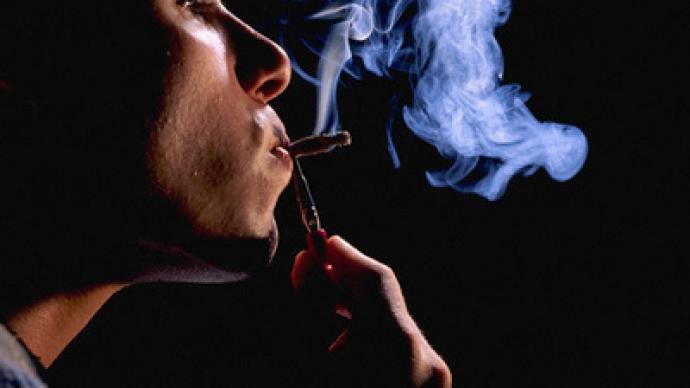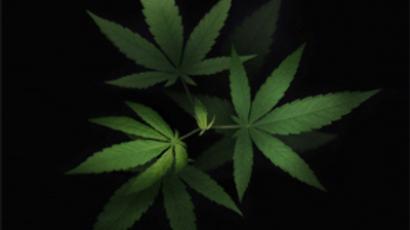Global drug body says “Legalize it, man” – no way, say Russia and US

Winning the war on drugs is no longer a realistic goal, as it can never be won - that conclusion was drawn by former world leaders and politicians, who instead propose lifting the ban on certain drugs in order to decrease the number of addicts.
The Global Commission on Drug Policy has deemed the war on drugs a failure, now urging countries to consider legalizing cannabis as well as other drugs in order to accomplish two pressing goals. The first is to undermine organized crime flourishing on drug trafficking, the second is to protect citizens’ health from the horrors of heroin addiction.The commission proposes governments start experimenting with new legal models of regulation to replace the current situation, which invariably strictly criminalizes drugs as well as incarcerates citizens who use drugs.The number of drug users continues to increase despite all legal efforts. In the period of 1998-2008, according to the UN statistics, the use of opiates increased by 34.5 per cent, the use of cocaine increased by 27 per cent, and the use of marijuana rose by 8.5 per cent. Needless to say, drug production is keenly growing to meet the demand.The commission concludes that repressive measures are not effective. They say politicians and top officials should start acknowledging publicly something they have been admitting privately for decades: that the current approach is simply not working.In terms of trying to undermine organized crime they are suggesting that by legalizing drugs and essentially opening up the market and making drugs openly available, although regulated, and therefore bringing the price down, which will hurt the businesses of the drug cartels.As for the health of the citizens – they are saying that drug users should be seen as patients rather than criminals.This argument is most certainly not new, but now it is coming at a time when there are more drug users than ever. UN estimates the number of users worldwide at as many as 250 million, making the illicit drugs an urgent problem for many countries.
This call coming from influential individuals is definitely drawing a strong reaction from various countries, spending billions on war on drugs annually.The US, which is definitely one of the world’s biggest markets of illegal drugs, was quick to voice its position, being adamantly against the legalization of any banned substances. The Obama administration insists it will definitely not help to keep people safe. As far as Russia is concerned, drug abuse is definitely a big issue in the country, battling against the heroin flow from Afghanistan. Fighting drug trafficking has been at the forefront of domestic policy for many years now.
Russia not giving up
The head of Russia’s Federal Drugs Control Service, Viktor Ivanov, has labeled the report of Global Commission on Drug Policy a “global drug PR campaign” that a global drug mafia could be interested in.“This campaign is directly or indirectly linked to immense illegal drug profits estimated US$800 billion a year,” he stated at a media briefing on Friday.He also noted that the Global Commission on Drug Policy, despite its pretentious name, has nothing to do with the UN and is, in fact, a garden variety nongovernmental organization.Russia has to fight this war on two fronts simultaneously. For one it has been proposed by medical officials – and President Dmitry Medvedev as well – that drug abusers should be given mandatory medical treatment rather than be treated with just penal measures, because medics agree the drug abuse is a disease.On the other hand, the anti-drug chief of Russia, Viktor Ivanov, promotes constant work with the Afghan authorities to curb the drug production at its very source of it, because up to 90 per cent of all illegal substances come to Russia from Afghanistan, being routed to the country through former Soviet Central Asian and Caucasus republics.The war on drugs in Russia is definitely in full swing and Russian officials do not support the idea of legalization. However, as far as alternative measures are concerned, Russia is open to many new measures – like drug tests in schools. So the debate remains up in the air.













